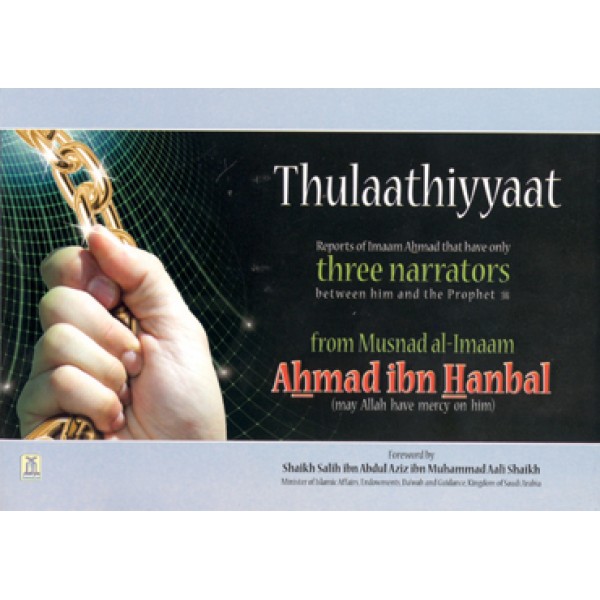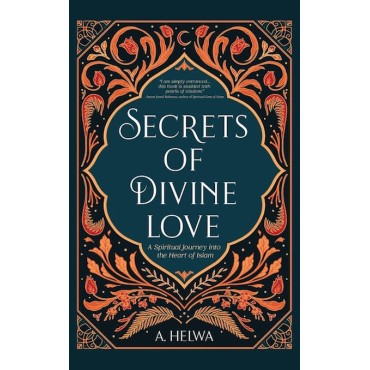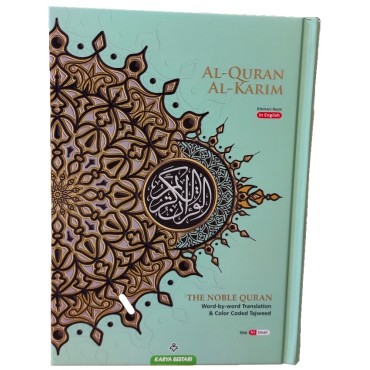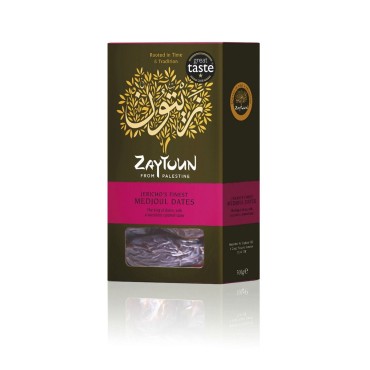Ahmad ibn Hanbal
Amongst the countless blessings which almighty Allah has bestowed upon the Muslims is that he has preserved their religion for them and provided the appropriate means for Islam to be safegaurded and preserved. in that He has raised erudite scholars through whom the sunnah of the Noble Prophet. Muhammad ibn Abdullah the seal of the Prophets, has been preserved. Thus the book of Allah and the Sunnah of the Prophet provide evidence against mankind. One of the scholars through whom Allah preserved the sunnah was Imam Ahmad Ibn Hanbal, and one of the books that he wrote to preserve the sunnah is al-musnad, which is one of the major collections of the noble sunnah.
It is said by some that Ibn Hanbal made a comment in regards to his book which read as follows: "There is not a hadith that I have included in this book except that it was used as evidence by some of the scholars.
About Imam Ahmad Abn Hanbal
Abu 'Abdullah Ahmad bin Muhammad bin Hanbal Ash-Shaibani, known by the name Ibn Hanbal, was a celebrated theologian, jurist and a Hadith scholar. He is also one of the four Fiqh Imam. Imam Ahmad was born at Baghdad in Rabi'-ul-Awwal, 164 H. He studied the Hadith and Fiqh together with other Islamic disciplines in Baghdad, then travelled to Ash-Sham and Hijaz for further studies. He was persecuted during the rule of Al-Ma'mun bin Harun Ar-Rashid for refusing to acknowledge the Bid'a (innovation) of claiming that the Qur'an was the creation of Allah *introduced by the Mu' tazila.
He however, stood firm against all the trials and saved the Sunnah from the innovation of the Mu 'tazila thoughts. He was the mostly persecuted and most firm one amongst all the Imam. He is most famous for collecting the Hadith of the Prophet compiled in the Musnad Ahmad bin Hanbal, which contain 28 to 29 thousand Hadith. It was said that Ibn Hanbal memorized one million Hadith. Ibn Hanbal died in Baghdad on Friday, 12 Rabi-ul-Awwal 241 H. * The Creed of the Ahlus-Sunnahh is that the Qur'an is the Kalaam or Word of Allah.
(9786035000383/1753)
Amongst the countless blessings which almighty Allah has bestowed upon the Muslims is that he has preserved their religion for them and provided the appropriate means for Islam to be safegaurded and preserved. in that He has raised erudite scholars through whom the sunnah of the Noble Prophet. Muhammad ibn Abdullah the seal of the Prophets, has been preserved. Thus the book of Allah and the Sunnah of the Prophet provide evidence against mankind. One of the scholars through whom Allah preserved the sunnah was Imam Ahmad Ibn Hanbal, and one of the books that he wrote to preserve the sunnah is al-musnad, which is one of the major collections of the noble sunnah.
It is said by some that Ibn Hanbal made a comment in regards to his book which read as follows: "There is not a hadith that I have included in this book except that it was used as evidence by some of the scholars.
About Imam Ahmad Abn Hanbal
Abu 'Abdullah Ahmad bin Muhammad bin Hanbal Ash-Shaibani, known by the name Ibn Hanbal, was a celebrated theologian, jurist and a Hadith scholar. He is also one of the four Fiqh Imam. Imam Ahmad was born at Baghdad in Rabi'-ul-Awwal, 164 H. He studied the Hadith and Fiqh together with other Islamic disciplines in Baghdad, then travelled to Ash-Sham and Hijaz for further studies. He was persecuted during the rule of Al-Ma'mun bin Harun Ar-Rashid for refusing to acknowledge the Bid'a (innovation) of claiming that the Qur'an was the creation of Allah *introduced by the Mu' tazila.
He however, stood firm against all the trials and saved the Sunnah from the innovation of the Mu 'tazila thoughts. He was the mostly persecuted and most firm one amongst all the Imam. He is most famous for collecting the Hadith of the Prophet compiled in the Musnad Ahmad bin Hanbal, which contain 28 to 29 thousand Hadith. It was said that Ibn Hanbal memorized one million Hadith. Ibn Hanbal died in Baghdad on Friday, 12 Rabi-ul-Awwal 241 H. * The Creed of the Ahlus-Sunnahh is that the Qur'an is the Kalaam or Word of Allah.
(9786035000383/1753)







